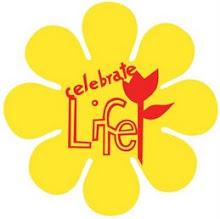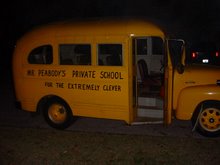YELLOW BREAD
One time there was a fellow names Job Eskin, and he come a-walking
up to where the ladies was giving a dinner-on-the-ground at the Methodist
Church. Job was a ragged peckerwood and pretty dirty, but you can’t turn people
away from a church sociable, no matter if he puts any money in the hat or not. They
had fried chicken and vegetables and pies and all the trimmings, but Job didn’t
touch nothing but Mary Weatherman’s yellow poundcake. He just cut off slice
after slice and put butter on it.You wouldn’t believe that a skinny little old
man could eat so much, unless you seen it with your own eyes.
Pretty soon it looked like Job was going to eat the cake
plumbn up, and the ladies was getting desperate. So they ask him won’t he
please sample the fried chicken and the nice beat bisquits. “Thank you, ma’am,” says he, “but you just
save them things for the high-toned folks.
This here yaller bread is good enough for me.” In the early days we lived on cornbread mostly,
and biscuits made of white flour was something extra fine. Country folks didn’t
have biscuits only on Sundays, or when company was a-coming. Job was a good
sould, but he didn’t know much.
Finally one of them Ledbetter girls whispered something in
Job’s ear. He looked considerable set back, and after that he didn’t gobble no
more poundcake, but just et chicken and biscuits like the rest of the boys.
Poor Mary Weatherman was plumb sick. “I
don’t mind men actin’ like hogs, because that’s their nature. It’s what that
old feller said that’s a-killin’ me!”
And with that she began to giggle, and acted like she was going to throw a fit,
so she had to be took home in the buggy.
Mary Weatherman was kind of upset for about a week, and then
she come out of it and bustled round same as ever. And so did poor old Job
Eskin.
Stiff as a Poker, A Collection of Ozark Folk Tales, collected by Vance Randolph.(Originally published as "The Devil's Pretty Daughter".
Told by Mrs. Pearl Spurlock, Branson Mo.
The date is missing from my record, but it must have been in the Winter of 1934
or the Spring of 1935.
Mr. J.C. Edwards, Webster Groves,
MO., October, 1950, has an almost identical tale
which he read in rural Missouri
about 1980. (V.R.)











No comments:
Post a Comment